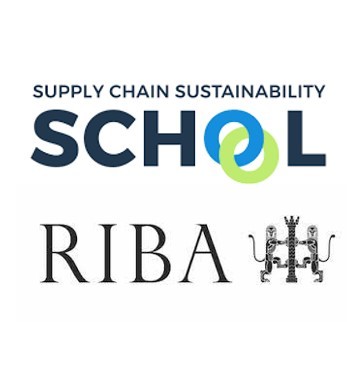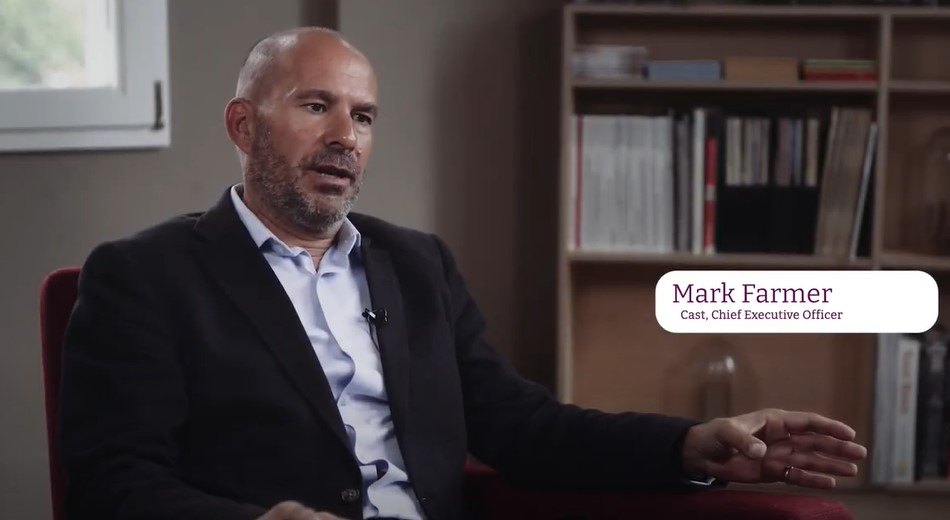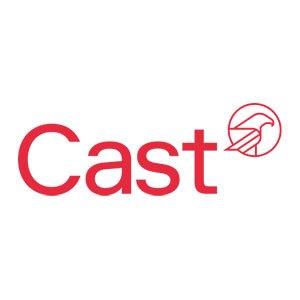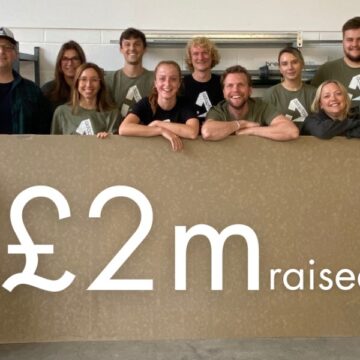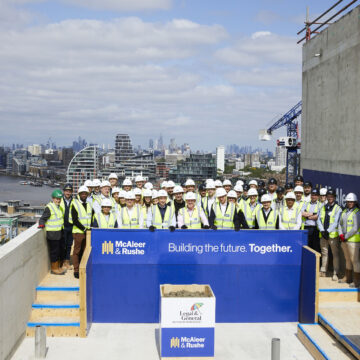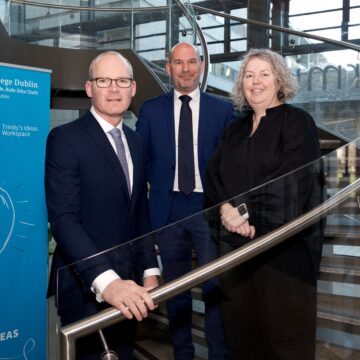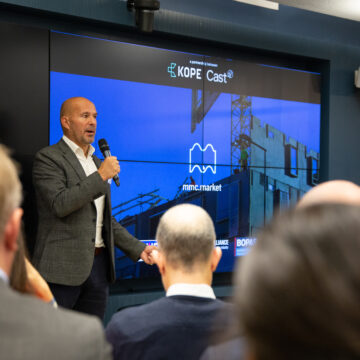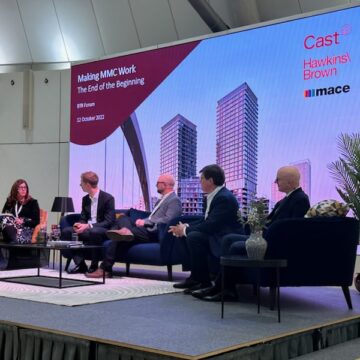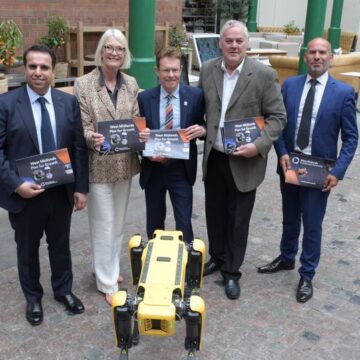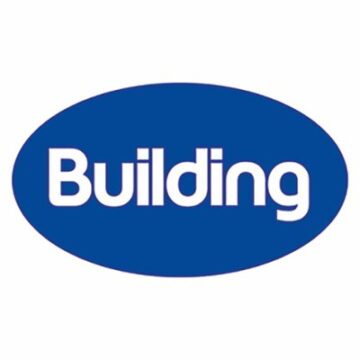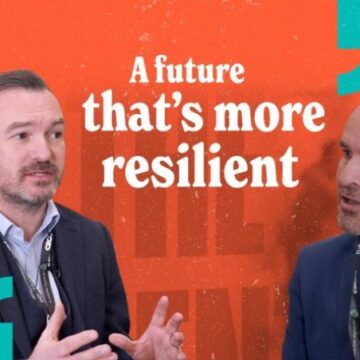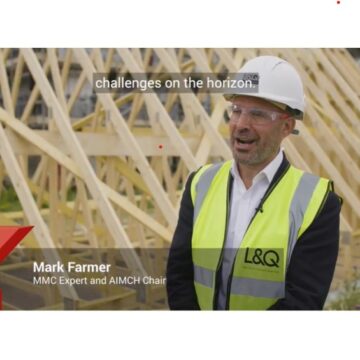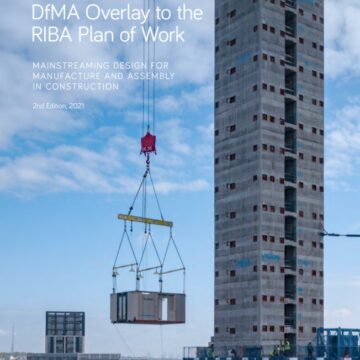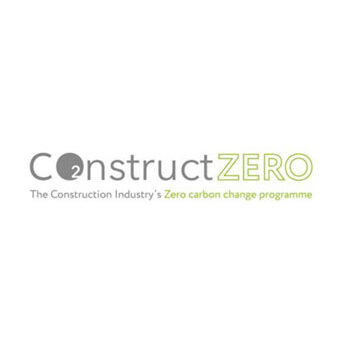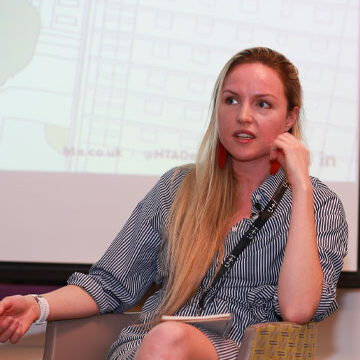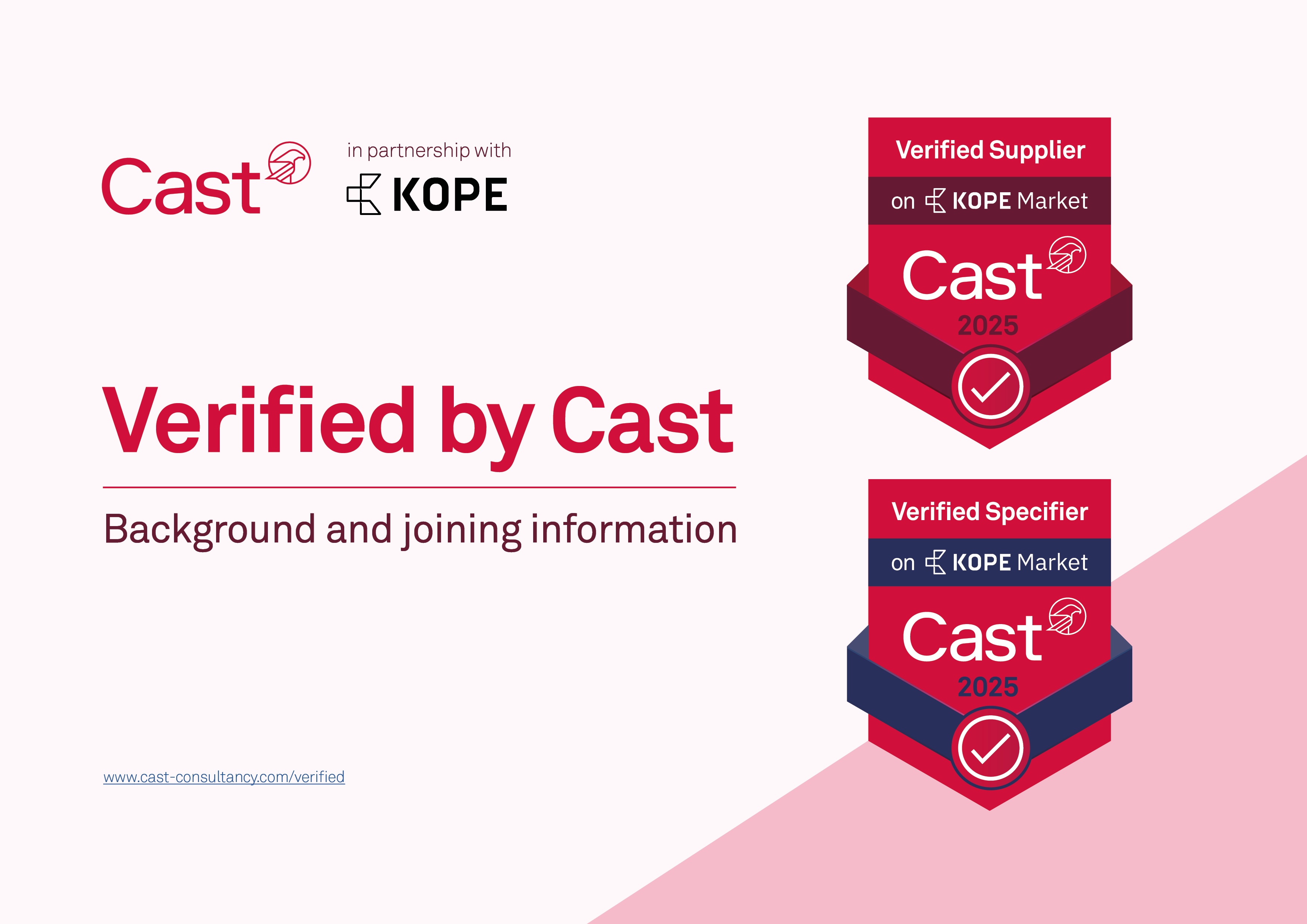Cast have supported the RIBA and the Supply Chain Sustainability School to bring this important new publication to the industry. At a time when MMC is being spoken about more and more, the basic principles of how you set up and manage project teams to exploit greater MMC adoption often become the real barriers to change. This document will help Clients and Project Managers and all other members of the team to understand how roles and activities need to vary at the different RIBA Stage Gateways if you are to maximise the potential for MMC and higher pre-manufactured value. Cast will be using it where appropriate to manage our projects to drive improved standardisation and efficiencies irrspective of whether the design is pre-manufactured or not.
So how can DfMA tackle the multiple challenges of climate, skills and productivity facing construction?
In this short video accompanying the new #DfMA Overlay to the RIBA Plan of Work, Mark Farmer, Jaimie Johnston and Dale Sinclair explain why DfMA holds the key to overcoming these issues:
The recently-launched Overlay helps architects and construction professionals understand what they need to do differently in each of the 8 stages of the project lifecycle if they are to successfully adopt Modern Methods of Construction (MMC) and a Design for Manufacture and Assembly (DfMA) approach.
The Supply Chain Sustainability School is also running a 1-hour Lunch ‘n’ Learn on 11th Nov discussing the Overlay, with Berkeley Modular bringing the client/manufacturer perspective. You can register for free here
Download the overlay itself here


